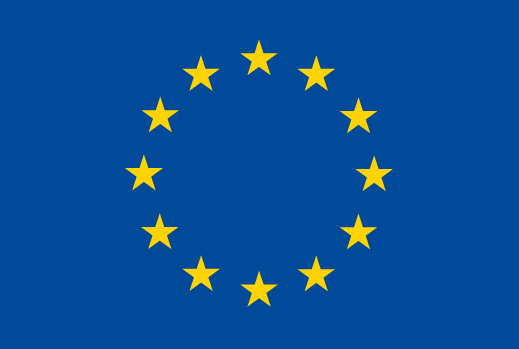On the 21st of November 2023, the European Parliament adopted a broad and comprehensive report setting out the legislative actions needed to put in place a new European framework to improve the living and working conditions for artists and cultural professionals across the EU. This report arose from a long process of work led by co-rapporteurs MEP Domenec Ruiz Devesa, Spain (S&D Group) and MEP Antonius Manders, The Netherlands (EPP Group). The co-rapporteurs engaged with civil society and social partners, as well as the work of the Open Method of Coordination Group of EU Member States, in drawing up their detailed and reflective report.
The report sets out the many challenges facing the sector and its workers, as well as policy approaches needed at national and at European level to address them. It touches upon all aspects of living and working conditions, including status, fair pay, representation of workers, social security and pension and the opportunities and complications arising from mobility. It also addresses key wider challenges including the digital shift; the green transition; artificial intelligence; skills needs and training, as well as diploma recognition; IP rights and fair remuneration and buyout contracts. It calls for involvement of the social partners in all aspects of policy-making arising from this report and urges the expansion of collective bargaining in the sector to a target coverage of 80% as a key tool to improve living and working conditions.
In presenting their reports, the co-rapporteurs made the following remarks:
“The level of precariousness in the sector has been dire for years, but the COVID-19 crisis has shown that the situation for CCS professionals is simply unsustainable. It is our responsibility to give meaningful solutions to professionals that endure a lot, yet they give us everything, a sector that we must nurture, because without culture, our union lacks a soul,” said the co-rapporteur of the Culture and Education Committee Domenec Ruiz Devesa.
“I have worked as an artist for years and I am very aware of the challenges and benefits that brings with it. The cultural and creative sectors are crucial for creating European solidarity and identity, and we need to invest in new European competitions to bring EU culture closer to its citizens. Money for cultural and creative work is an investment, not a cost,” co-rapporteur of the Employment and Social Affairs Committee Antonius Manders (EPP, NL) said.
FIA warmly welcomes this informative and ambitious report which looks for concrete ways forward on the many challenges that it identifies. We appreciated the open engagement of the rapporteurs with sectoral representatives and believe the quality of the report reflects this wide consultation. FIA also applauds the broad swathe of support for this report across the political spectrum, reflecting a recognition across party lines of the need for meaningful action in the sector and a commitment to putting real measures in place.
Regarding the legislative initiative included in the report, the Parliaments asks the Commission to put in place a number of concrete follow-up legislative actions. The report calls for the creation of a legal EU framework to improve the social and professional conditions in the Cultural and Creative Sector. This framework would include:
– a directive on decent working conditions for CCS professionals and the correct determination of their employment status;
– a European platform to improve the exchange of best practice and mutual understanding among member states to improve working and social security conditions with the involvement of social partners;
– adapting EU programmes that fund artists, such as Creative Europe, to include social conditionality to contribute to the compliance with EU, national or collective labour and social obligations.
The Commission now has three months to reply by either informing the EP on steps it plans to take or giving reasons for any refusal to propose a legislative initiative along the lines of EP’s request.
FIA will be closely monitoring this follow-up and will be ready to engage in dialogue with the Commission and the Parliament to see how best we can build on the excellent foundation that has been laid by this report.
You can now download the report, as adopted by the European parliament, in all EU languages.





